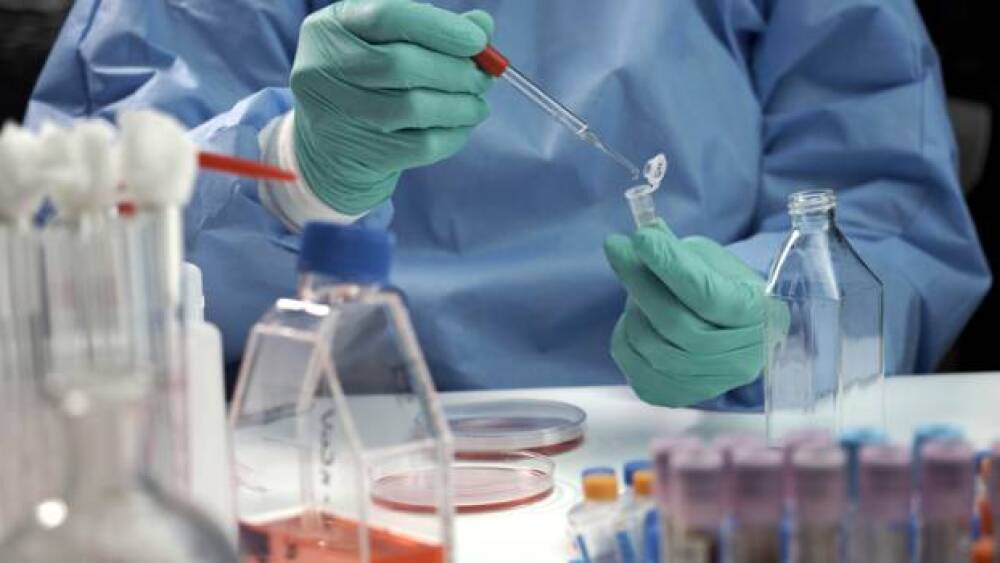Since the COVID-19 pandemic, there has been increased interest in developing a universal antiviral that would stop a pandemic in its tracks. Now some companies are in the testing phase for just that.
After experiencing a global pandemic, it seems the only positive takeaway is the importance of preparedness in the face of the unknown.
The world needs to adjust to the possibility that another wave could lead to supply chain shortages, medical understaffing and inadequate treatment options. Since the emergence of the COVID-19 pandemic, there has been increased interest in developing a universal antiviral that would stop a pandemic in its tracks.
Hyundai Bioscience
Hyundai Bioscience announced this week that the Phase II clinical trial for CP-COV03 (niclosamide-based), an experimental universal antiviral agent, has begun. The trial investigates the efficacy of orally administered CP-COV03 in patients with COVID-19, but the drug holds potential beyond COVID-19. It is intended to treat a broad spectrum of viral infections, including those not yet discovered. If such a drug were to become routine, pandemics could be preventable.
In a press release, Hyundai explained the company’s ambitions:
“The discovery of a substance with the mechanism that kills bacteria led to the 20th-century medicine called penicillin…CP-COV03 with a mechanism to eliminate viruses by promoting autophagy will be the first universal antiviral drug like penicillin.”
CP-COV03 has shown high efficacy in preclinical data from a study conducted at the Korea Zoonosis Research Institute (KoZRI), Jeonbuk National University in Korea. The agent has dual mechanisms that inhibit viral replication and simultaneously destroy the virus. This was made possible through a collaboration with CNPharm. CNPharm reformulated traditional Niclosamide, which was discovered in 1958 but deemed unusable in common form due to a short half-life and low bioavailability. The new formulation utilized CNPharm’s drug delivery system, which improved the half-life and bioavailability hindrances.
Immunovative Therapies
In recent years, a “pan viral” vaccine called Alloprime made headlines. The vaccine is being developed by Immunovative Therapies and Mirror Biologics, Inc., a sister company. The vaccine utilizes the body’s natural protection known as “heterologous immunity.” Heterologous immunity describes what happens when the immune system’s initial response to a pathogen equips the immune system to better handle a different, unrelated pathogen. To encourage this type of immunity, the vaccine delivers living, activated allogeneic Th1-like memory immune cells.
Immunovative CEO and Founder, Michael Har-Noy, MD, Ph.D. discussed the vaccine with BioSpace in 2020, just before clinical trials began.
“Our pan-viral vaccine harnesses the same protection mechanism that naturally protects us from viral diseases – a healthy immune system,” he said. “By remodeling the elderly immune system with a vaccine, we can arm the system to rapidly respond to a viral encounter in the same manner that a young immune system responds to a novel viral encounter.”
The vaccine candidate has entered clinical settings; a Phase-I/II open-label study (NCT04441047) is recruiting 40 participants with virus diseases, including pneumonia, COVID-19, RSV pneumonia, influenza and ARDS. Participants of the study will receive five inoculations of Alloprime, while primary outcome measurements are monitored. These primary endpoints include the frequency of vaccine events, the proportion of subjects that demonstrate an increased T-cell response, and the proportion of participants that are able to suppress viral propagation. The estimated completion date for this study is June 20, 2022.





